British and European respondents believe that a stronger relationship would help them weather geopolitical headwinds, a major new poll has found.
Global uncertainty fuelled by Russia's continued aggression against Ukraine and Donald Trump's impending return to the White House is boosting support among Britons and Europeans for a closer relationship, even if it means crossing so-called red lines, a new poll has found.
Half of Britons now believe that the UK government should prioritise relations with the European Union over the US, with only 17% favouring the opposite, according to a new multi-country opinion poll commissioned by the European Council on Foreign Relations (ECFR) think tank.
British respondents also believe that their country can be more efficient at managing migration, strengthening security and the economy, tackling climate change and the next pandemic as well as standing up to Russia, the US and China if it works more closely with the EU on these issues.
Meanwhile, most of the respondents from the EU countries surveyed - France, Germany, Italy, Poland and Spain - are also of the opinion that the UK and EU should become closer and that stronger ties would help strengthen Europe's security.
Most of the 9,300 people who took part in the online poll across the six countries also converged on Ukraine. They stated that their government should not follow the US position should Trump try to force Kyiv to accept major concessions towards Russia. In Italy, however, 29% thought their government should follow the US position - the same share as those who opposed it.
"It is important to recognise that Brexit and the UK-EU future relationship matters more to UK respondents than to citizens of other states. But there is broad permission from European publics to recast relations," Mark Leonard, ECFR’s co-founder and director, said in a statement.
"There might be scepticism about special terms for the UK among EU officials and governments, but our poll suggests that public opinion is more pragmatic," he added.
Most EU respondents, for instance, backed the idea of giving the UK access to EU research programmes in exchange for closer security cooperation, as well as to certain aspects of the single market, something member states and EU officials have categorically rejected till now.
A majority of Britons (51%) said that to gain privileged access to the EU single market, they would accept the union’s phytosanitary rules on food and product safety, and even more strikingly, more than two-thirds said they would accept the reciprocal opening up of borders so that EU and UK citizens could travel, live and work freely between the two sides.
A post-Brexit entente cordiale between London and Brussels, ushered in by Moscow's decision to invade Ukraine in early 2022, focused primarily on a coordinated response to Russia, defence and energy security.
But Britain's Labour government has sought a more comprehensive "reset" of relations with a flurry of diplomatic activity taking place since it came to power in July.
Among those who crossed the Channel to talk with EU officials are Prime Minister Keir Starmer, the minister for EU relations, Nick Thomas-Symonds, foreign minister David Lammy, and Chancellor Rachel Reeves.
Reeves was in Brussels earlier this week to attend a meeting of EU finance ministers – a first since the divorce – during which she argued that "deepening our economic ties" is necessary to answer to joint challenges including the war in Ukraine, climate change and high inflation.
"As the UK and EU develop the next phases of our partnership, I believe it would be a profound mistake to believe that we are stronger alone."
"I believe that a closer economic relationship between the UK and the EU is about improving both our growth prospects. It is not a zero-sum game. In the long run, Brexit is expected to cause UK trade intensity to fall by 15% and with goods exports between both the UK and EU continuing to remain below 2018 levels, this is impacting UK and EU economies alike," she told her EU counterparts.
Topics also under discussion are closer defence cooperation, a veterinary agreement, youth mobility and mutual recognition of qualifications, among others.
For the authors of the poll, the findings suggest that officials on both sides of the Channel have "have more political room than they realise".

 3 months ago
30
3 months ago
30
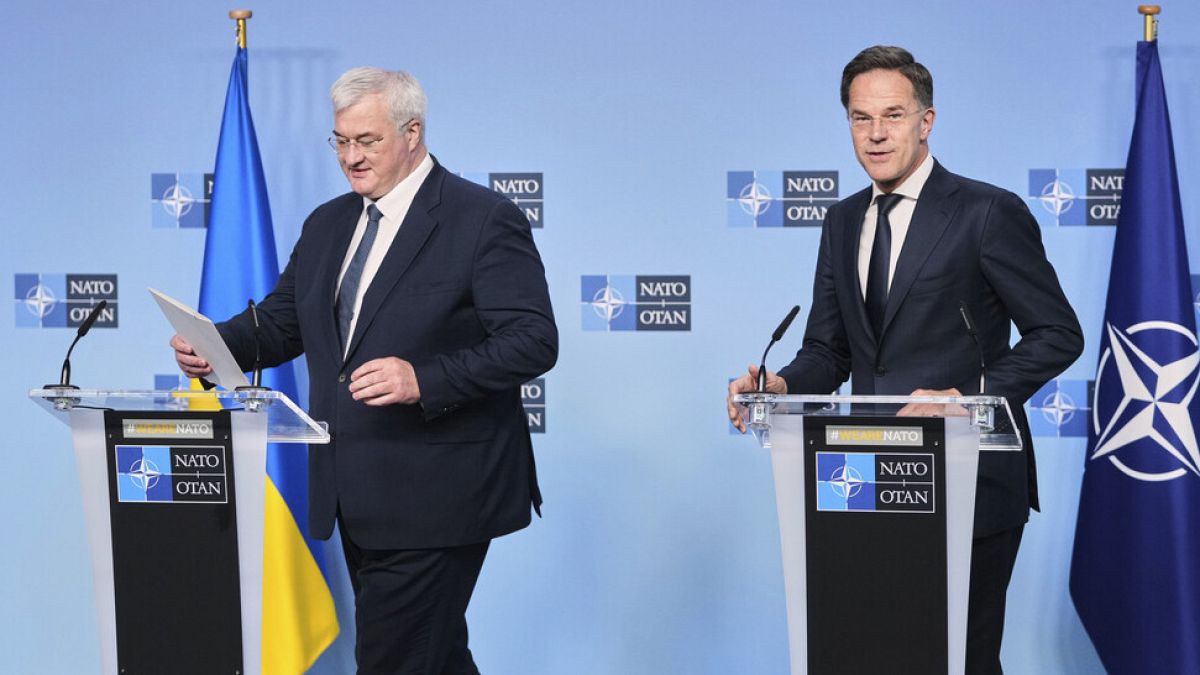

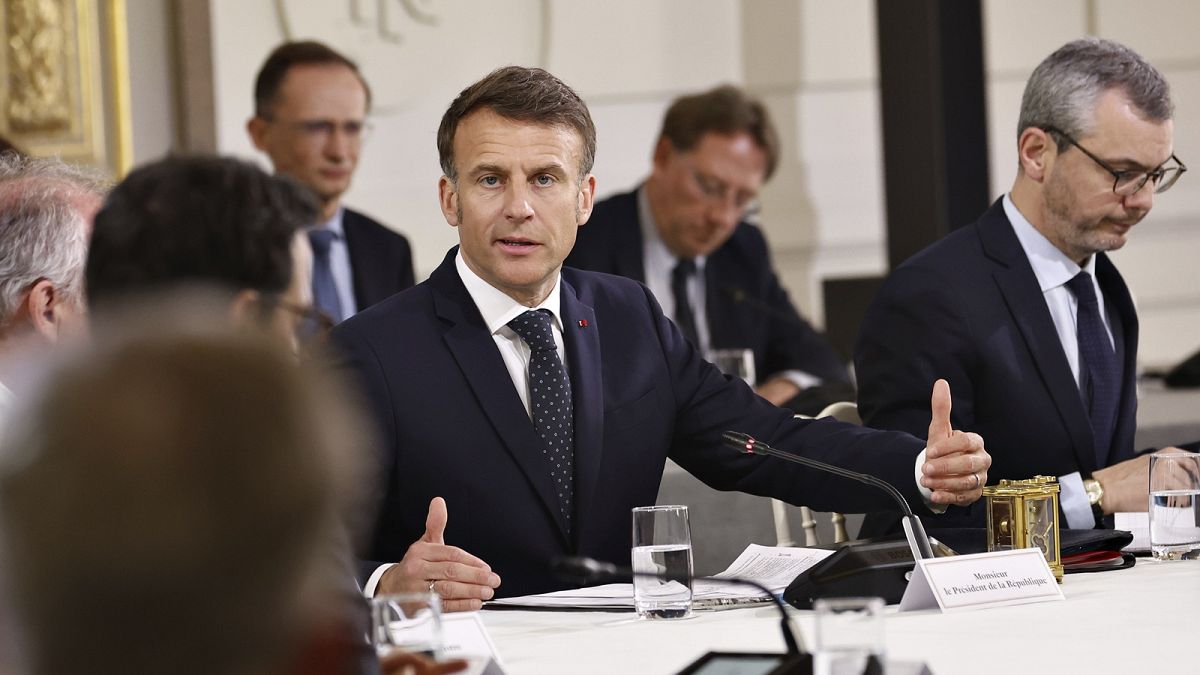
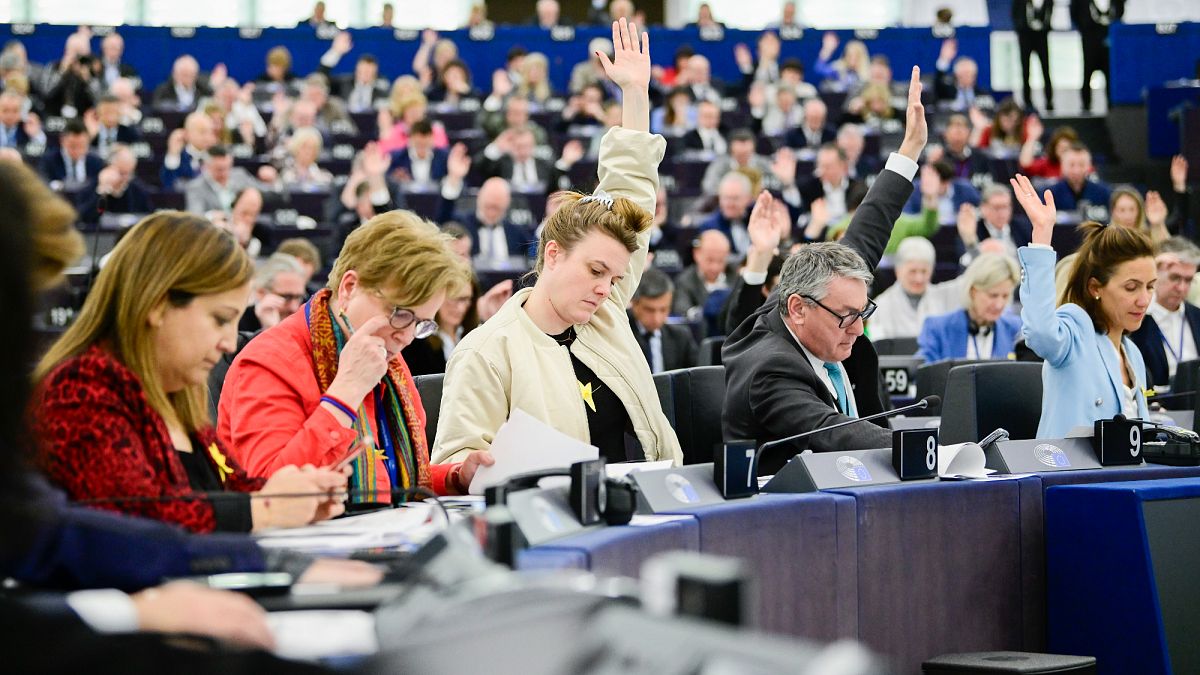
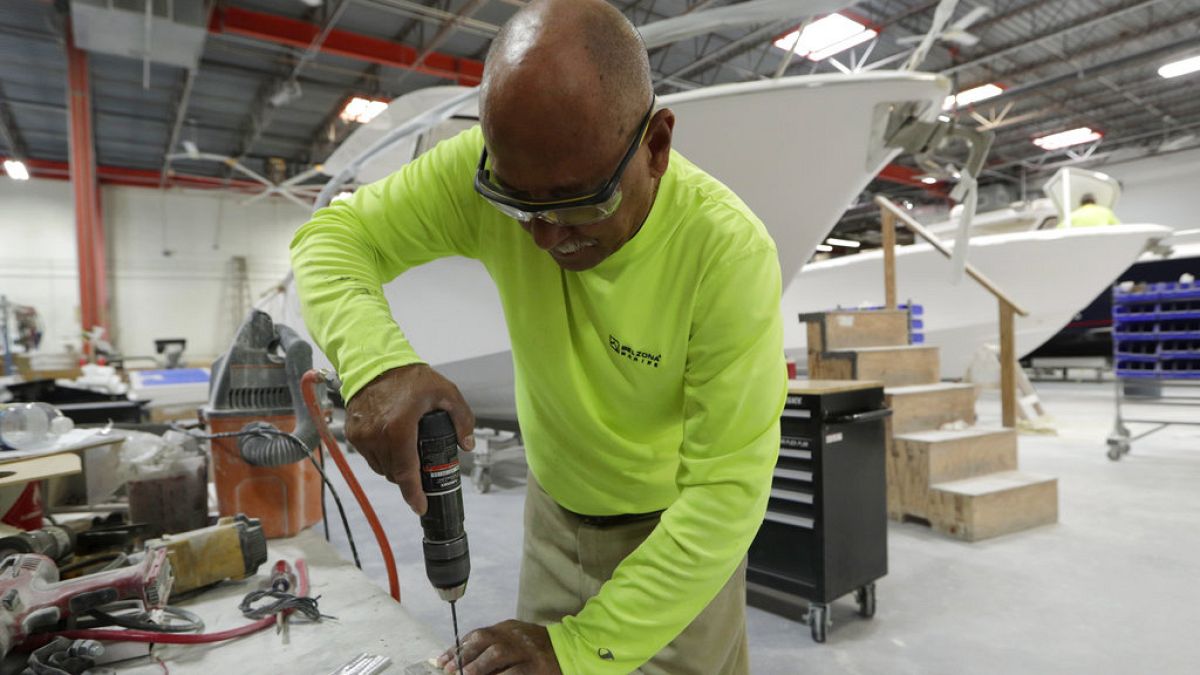
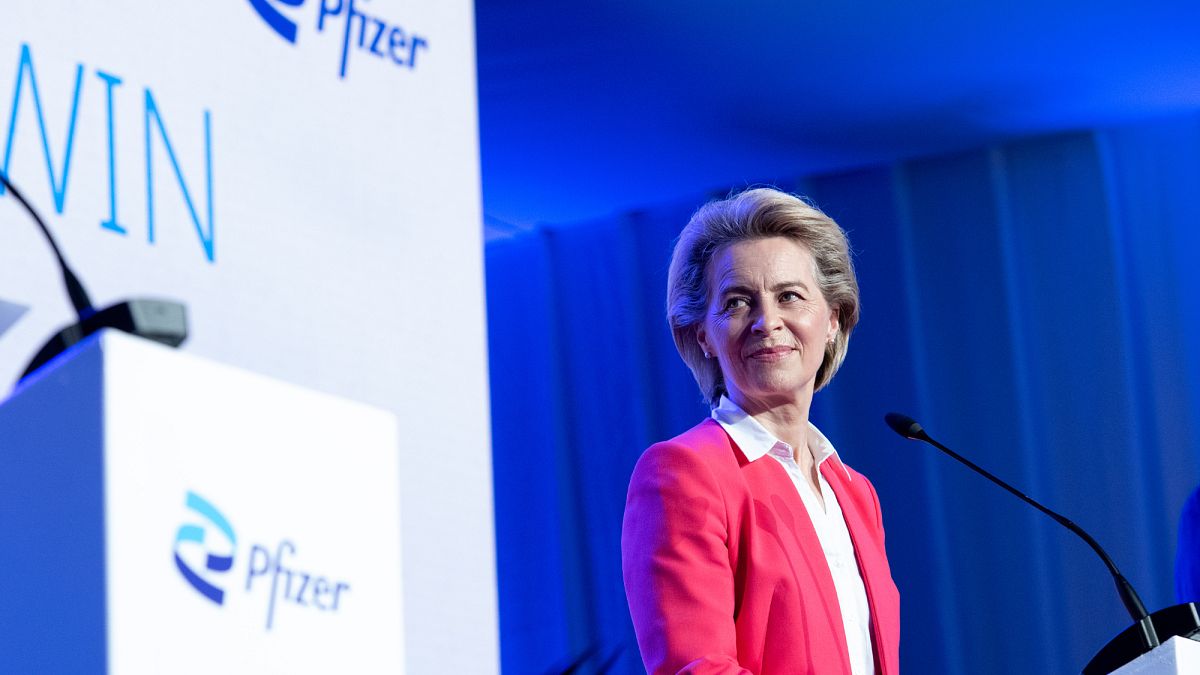
 We deliver critical software at unparalleled value and speed to help your business thrive
We deliver critical software at unparalleled value and speed to help your business thrive






 English (US) ·
English (US) ·